How to help refugees in Turkey
The photo of three year old Aylan Kurdi lying dead on the beach in Bodrum, Turkey, in 2015, provoked a storm of emotion and galvanised people around the world to help refugees in Turkey, particularly Syrians who had been forced to flee their country. However, those of us who lived and are still living in Turkey and the Greek Islands know he was not the first child or person to die trying to cross to Europe, and nor will he be the last.
Nearly 10 years later the war in Syria is still ongoing, and Syrians, Ukrainians and other displaced people continue to come to Istanbul and other Turkish city centres, seeking refuge. Consequently it’s more important than ever to know to help refugees living in Istanbul and Turkey.
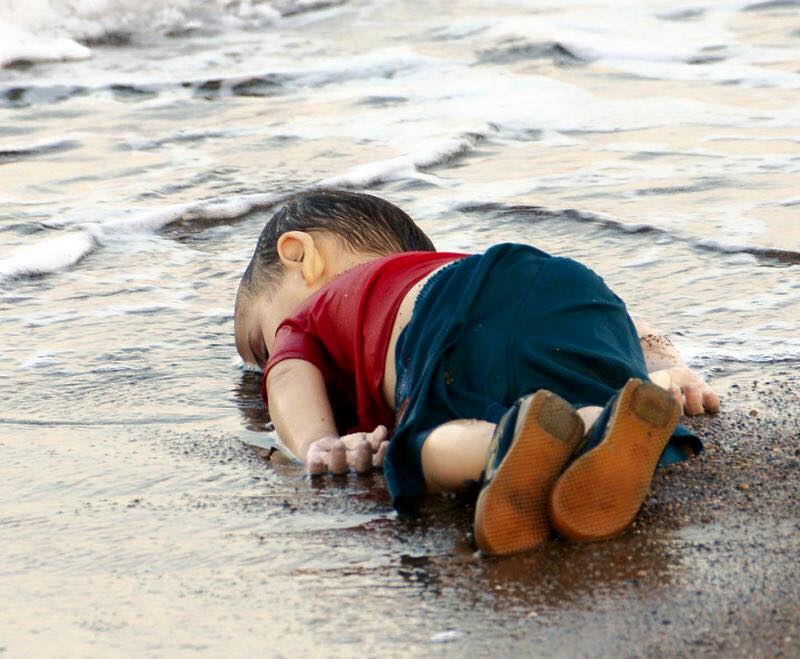
6.5 million Syrians are internally displaced and of the millions who have left the country, more than 3.5 million of those are in Turkey. The sheer number of people is overwhelming, and I know many people feel helpless in the face of such need. It’s hard to know the best way to help refugees in Turkey, who to help first, where to send money and goods, and whether in fact it will make a difference. I believe even the smallest contribution counts.
Where I live in Istanbul, Syrian refugee families often appear on the streets, so I am able to give personally. I think it’s important that my money and other contributions go directly to those in need, so if you feel the same, here are some organisations you can contact to learn how to help displaced Syrian and others in need in Turkey.
Organisations that help refugees in Turkey
ISTANBUL
Ad.dar (“home” in Arabic) is an all-volunteer, non-political, non-religious, multi-cultural community initiative established for Syrian and Syrian-Palestinian refugees living in Istanbul. Ad Dar’s international volunteers (from Syria, Turkey, United States, Germany, Canada and more) organize activities and classes, as well as various forms of practical, social, and emotional assistance for children, families, and youths. They accept cash donations through a secure link on their website.
As well as helping refugees acquire documentation, Caritas accepts clean second hand clothes, bedding, shoes etc. in good condition. They can accept small kitchen items, such as plates, knives, forks, pots, pans etc. Unfortunately they have no storage facilities or van, so they cannot accept furniture. The volunteers come from a variety of countries and most of them speak English. They have set hours for accepting donations so phone before you take your contributions to them.
IZMIR
Halkların Köprüsü (The Bridges of Peoples) began in Izmir where many Syrians tried to cross the sea to Greece. Although less use this route now, the organisation continues to work to provide places for refugees to stay, get an education, medical help and most importantly, provide a voice for refugees. You can contact Halkların Köprüsü directly in Izmir (address listed under Iletişim tab) or send money to their account (details listed under Aidat-Bağış için tab).
How you can help refugees in Turkey
If you’re travelling to Turkey soon and want to bring over clean used clothes, toys, or educational materials to donate, ring your airline. Ask whether they’ll increase your luggage allowance for a charitable cause. If you’re planning to buy new items to bring over, remember that your $5, €5 or £5 pounds will buy a lot more in Turkey.

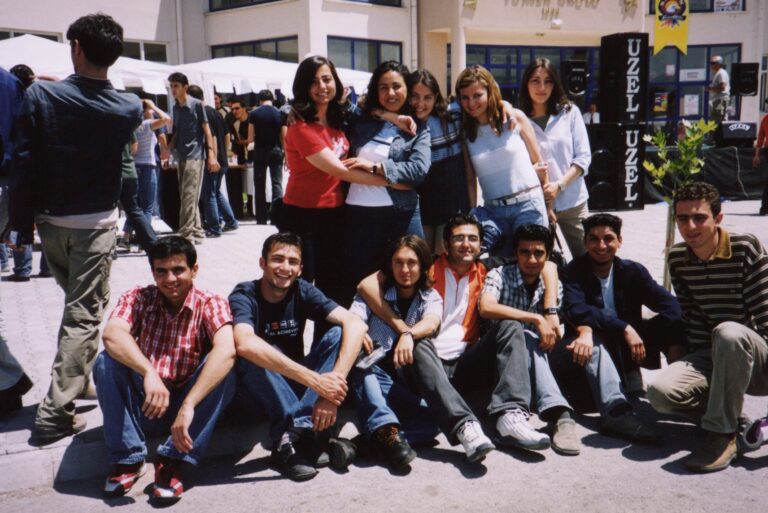
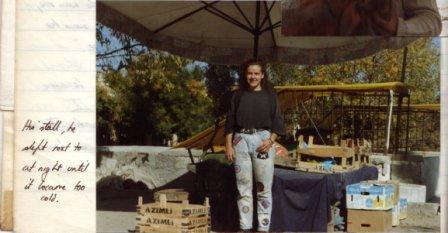
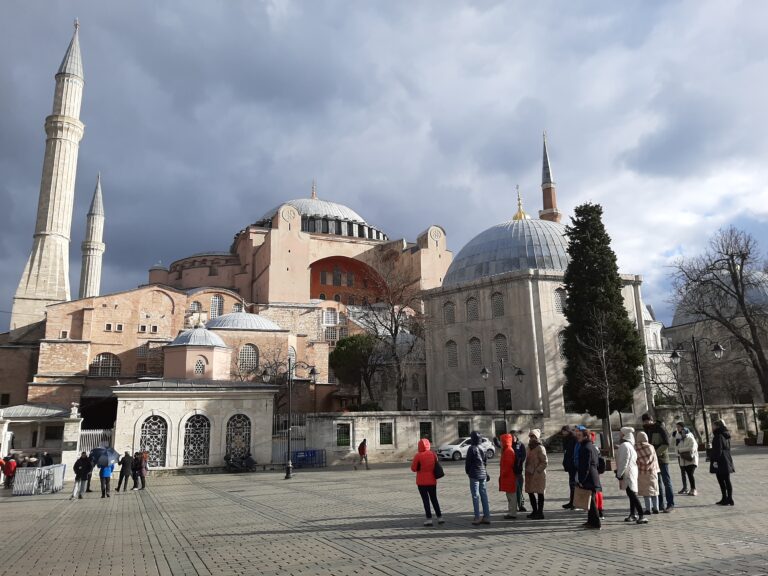
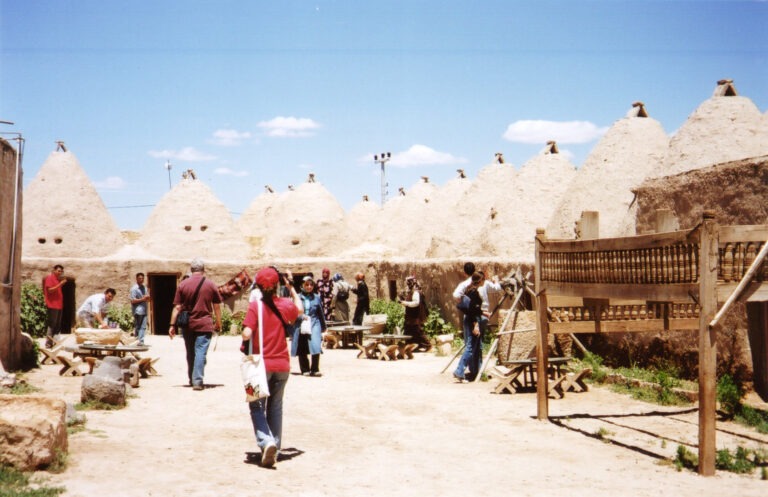
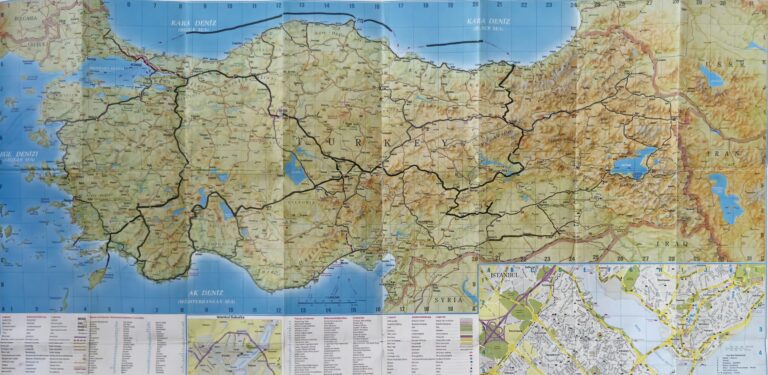

Amani
I have a friend in Istanbul that needs help as fast as you can,his family sent for him some important papers his collage degree and some clothes but in the airport he couldn’t receive his stuff because he enter Turkey in illegal way please could you help him these things are important to him
Hi Amani,
I’m sorry to hear about your friend’s problem. There isn’t anything I can do to help but I suggest you call these people. They might know what you can do to help your friend. http://www.addarcenter.org/contact-form-3/ Their phone number is at the bottom of the page. Good luck.
Lisa
sure if we know some people feel us . it’s perfect for us and thank you again i hope meet you in someday for know more about you and about your mind
thank you really. finally i find someone speaking about us and care for us
It’s no trouble, really. There are lots of Turks and foreigners living in Turkey who are working directly to help Syrian refugees. I can only imagine how terrible it must be to have to flee your home and country. I hope what we are doing brings some solace to many.
Thanks Brian. It’s great to hear how many people are pitching in and lending a hand, whether via cash donation, giving clothes or volunteering. Together we CAN make a difference.
Thanks f or the personal update. We are pleased to know Caritas is helping since it is our regular charity. We will pass the word to some friends. Yvonne and brian Mooy
Thanks very much for spreading the info Leanne.
Thank you for this post!! My question, with all the best intentions of people giving material goods, sadly the Turkish Lira is so weak right now that the best thing to do from out of country (in my case the United States) is to donate money. Small or large, it will go much further and can be useful directly to the cause. Sometimes the best of intentions (sending clothes, toys etc.) are an additional burden for people on the front line who have to really very pragmatically navigate how best to provide support.
Thanks for your comments Paula. Those outside Turkey can help by sending money. My post was inspired by comments from people living in Turkey, and those who come here regularly on holiday (a lot of Brits), who wanted to know how to best help people directly. That is, they wanted to know where their donations, be it money or clothes, were going. I believe anything we can do has to be better than doing nothing.
Thank you for this post!! My question, with all the best intentions of people giving material goods, sadly the Turkish Lira is so weak right now that the best thing to do from out of country (in my case the United States) is to donate money. Small or large, it will go much further and can be useful directly to the cause. Sometimes the best of intentions (sending clothes, toys etc.) are an additional burden for people on the front line who have to really very pragmatically navigate how best to provide support.